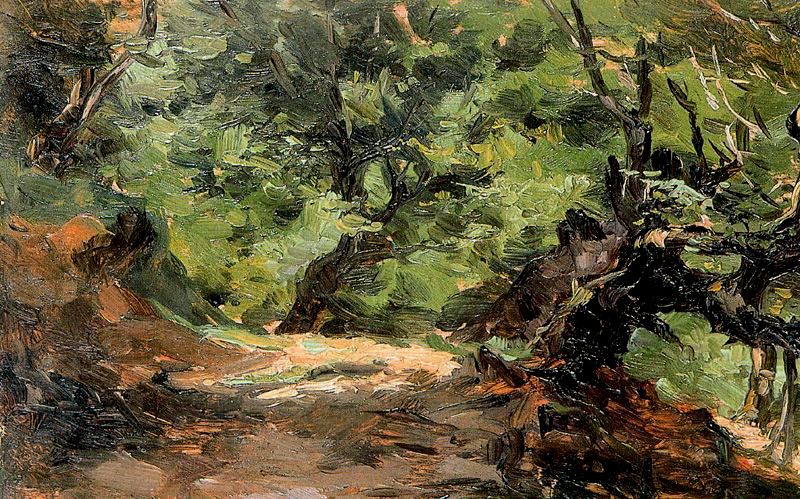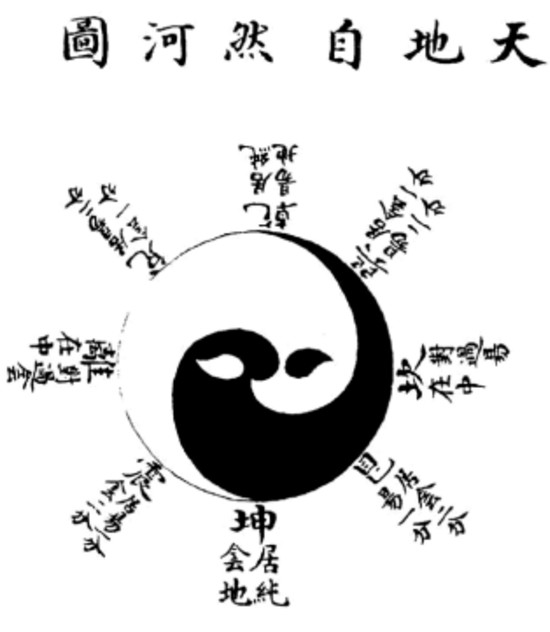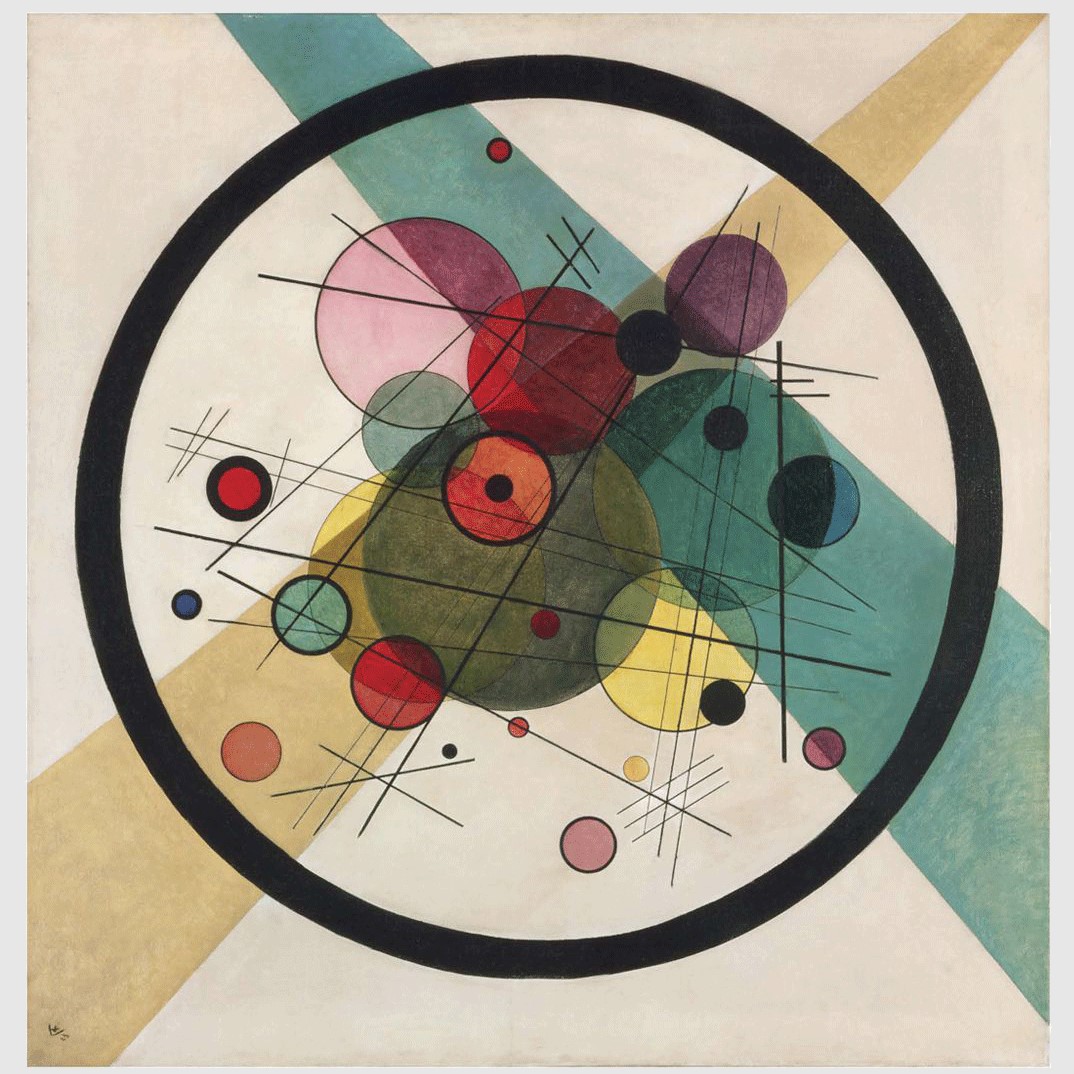(8 quatrains)
1. new moon
sky looks even darker in
sidewalk puddles;
not that black exuding
light from three crows near
this bus stop though,
where hawthorn limbs sway east, west:
is this dark enough to
make a beginning
2. waxing crescent
traffic tells a story
without lacunae—
still early after all,
people punctuate
this sidewalk; above, on
clouds’ turning pages:
skewed white comma erased,
rewritten, erased
3. half moon
night
sky’s torn page struck through with three power lines
glinting
in rain & streetlights; two cherry trees
throw
up gnarled empty hands in resignation—
half-circle
smudged in cloud marginalia
4. waxing gibbous
lights
constellate between saplings & painted
restaurant
facades, all golden, some blinking,
stars
that haven't quite fallen, seeking a myth:
white
eye flashes through cinematic sky swirl
5. full moon
sedge lets its hair down,
dozes pale on the slope;
big cedar watches over it,
green boughs gone
blacker than sky where
airplane & star flicker:
fullness lingers in cherry
tree’s naked arms
6. waning gibbous
the
hawthorn branches twist in these gusts, corner
to
corner; one crow swoops sideways through straight rain—
one
umbrella’s ribbed hemisphere draws nearer:
morning
sky stretched solid, also breaking down
7. last quarter
sun
burning white just above the roof peak; six
dark
windows below out of its view; one house
facing
it, glows with a reckless acceptance:
half
moon sinks into clouds, the cherry tree’s breath
8. waning crescent
three
gulls circle & circle, above, below
the
Burnside’s arc; gray cumulus tinged white rings
the
sky tall maples reach into, draw back
in
wind that carried the last moon past the blue
© 2017


.jpg)








